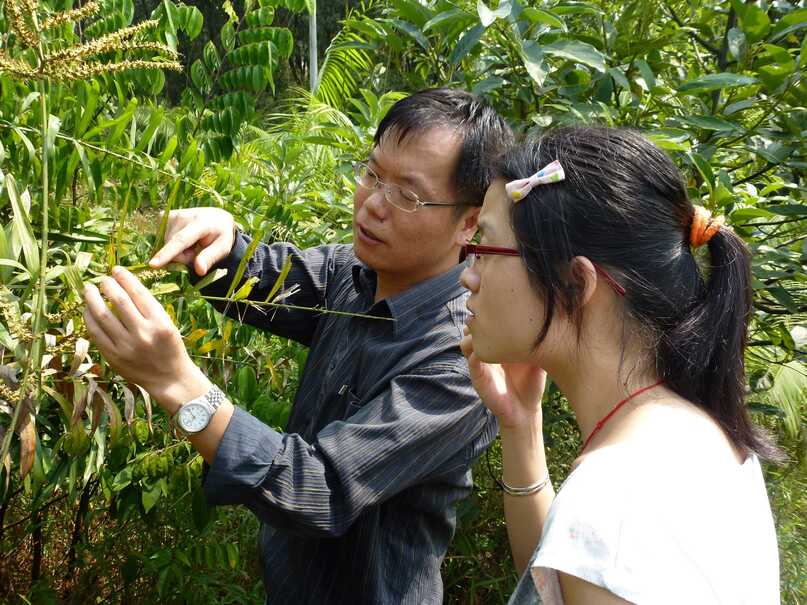New training and business models creating green forestry jobs in “era of sustainable development”, ITTO says
27 June 2024

New thinking is key for creating green jobs and advance sustainable development. Photo: F. Soriano
Stockholm, Sweden, 27 June 2024: New thinking in business and education are key to realizing the potential of tropical forestry to generate green jobs and advance sustainable development, ITTO said at the 2024 World Congress of the International Union of Forest Research Organizations (IUFRO).
ITTO presented on the outlook and qualifications for green jobs in sustainable forestry and took part in a panel discussion on attracting the workforce of the future during the Green Jobs Arena segment on day 4 of the congress being held this week in Stockholm, Sweden.
The ITTO presentation described how social, economic and environmental sustainability has become “the new norm” in many sectors. Sustainably managed tropical forests are no exception, representing nature-based solutions to address Sustainable Development Goals from the eradication of poverty to climate action.
Traditional education and training are no longer enough to meet the increasingly complex needs of sustainable forestry development, such as integrated landscape approaches, participatory forest management, new technologies and the need to protect the climate and biodiversity.
But these challenges are also opportunities for individuals open to acquiring new skills, and for forestry businesses that adopt new models and innovations in areas including digitalization, product development (including non-conventional offerings such as ecotourism), new advanced technologies and marketing.
“We are living in the era of sustainable development,” ITTO Outreach and Communications Officer Ramon Carrillo, who delivered the presentation, told the audience.
As well as capacity building programmes and field projects that build skills and competencies in member countries, ITTO runs a fellowship programme to support the development of young forestry professionals.
Established in 1989, the programme has helped more than 1400 people from 49 countries to increase their knowledge in areas including sustainable tropical forest management, the efficient use and processing of tropical timber, and the improvement of economic information on the international tropical timber trade. Prominent donors to the programme are the governments of Japan, the United States of America, the Netherlands and Australia.
Other speakers at the session included representatives of GS, a Swedish trade union representing workers in forestry and woodworking; the Forest Stewardship Council; the International Labour Organization (ILO); and Lakehead University, Canada.
Other panellists included Vera Steinberg of Forest Europe, Waltteri Katajamäki of ILO, Jane Njuguna, Kenya, Amalie Holmefjord of the United Nations Framework Convention on Climate Change and Pipiet Larasatie of IUFRO.
Also, on day 4 of the congress, consultant Hwan Ok Ma presented an abstract on the outcomes of an ITTO project implemented in Fiji which focused on mangrove restoration and the empowerment of coastal communities. The second phase of the project has just started.